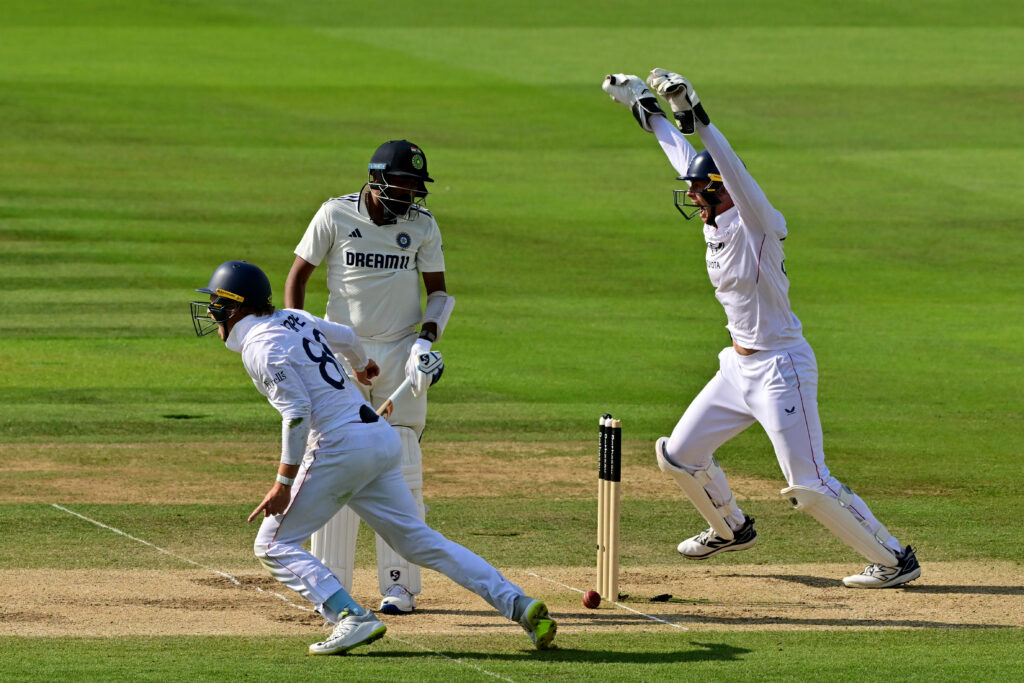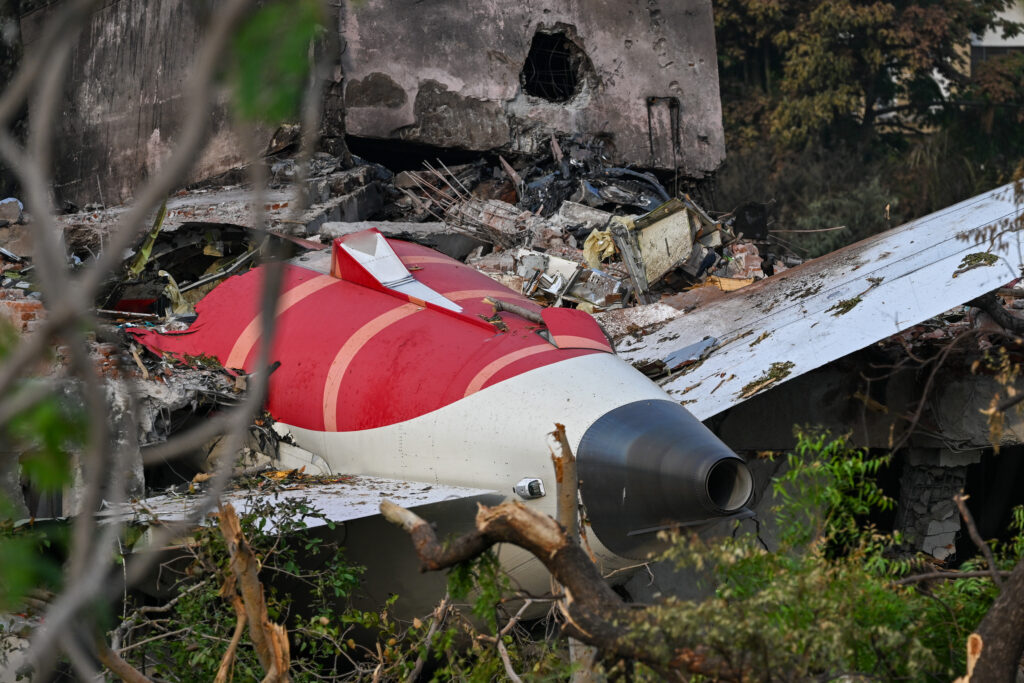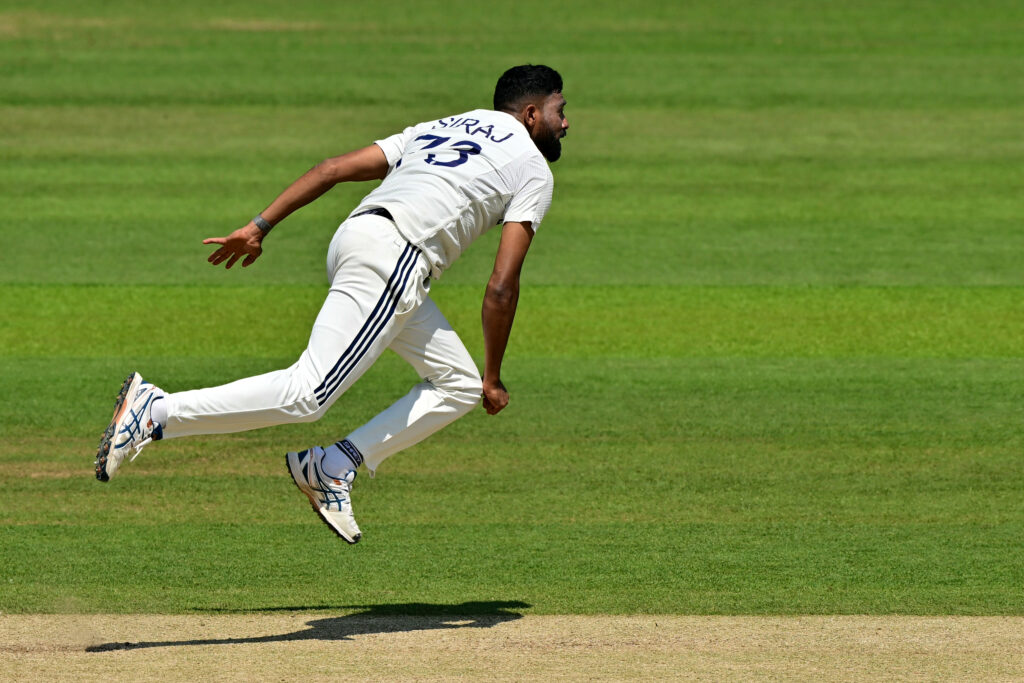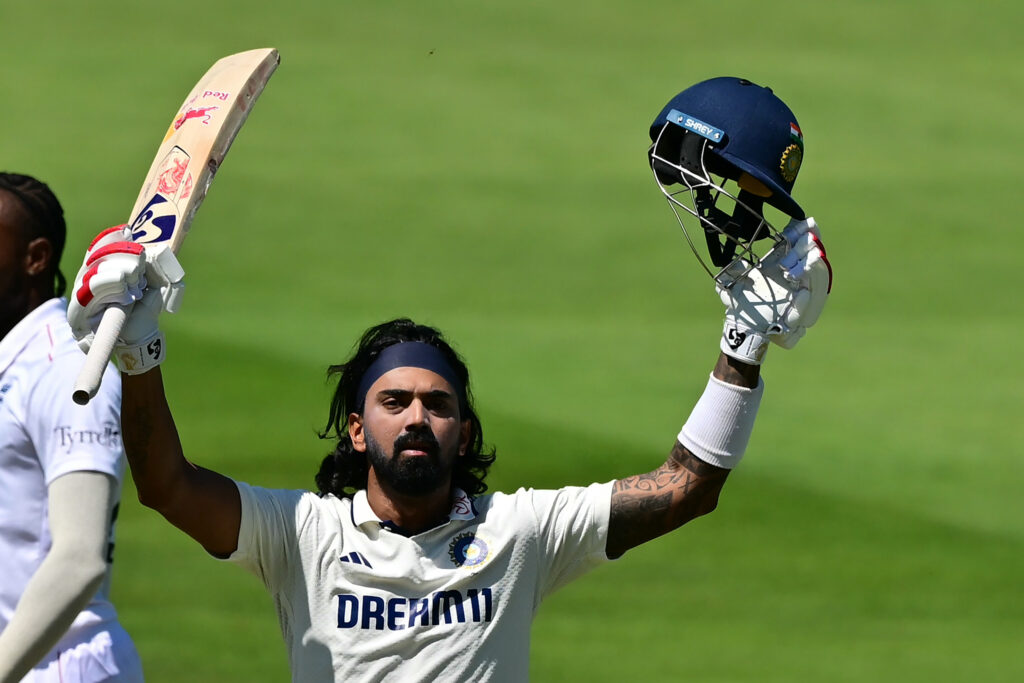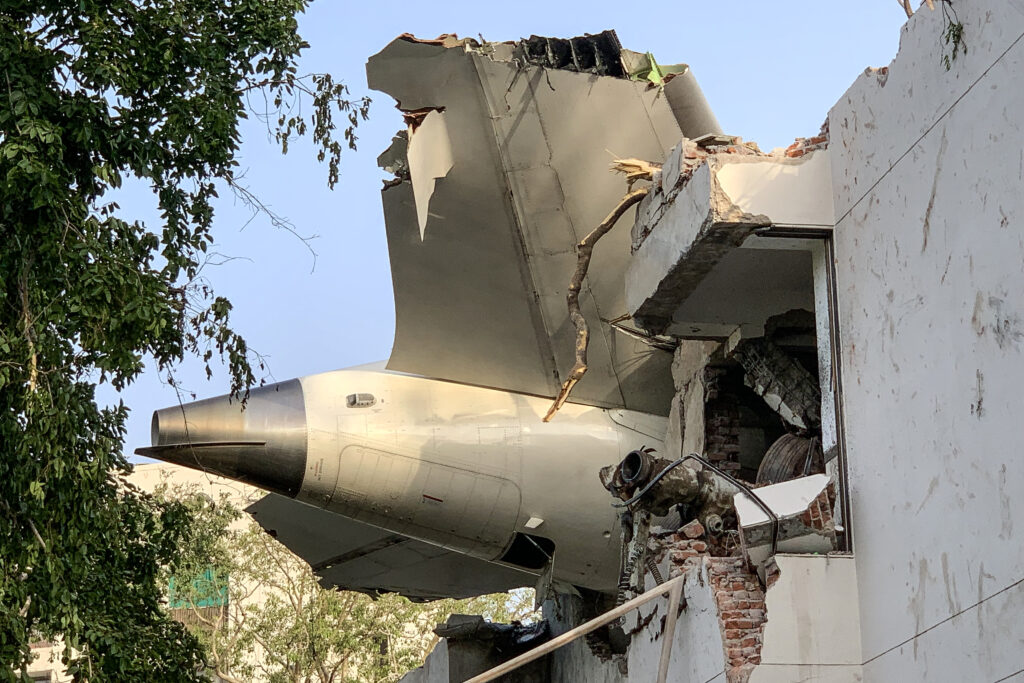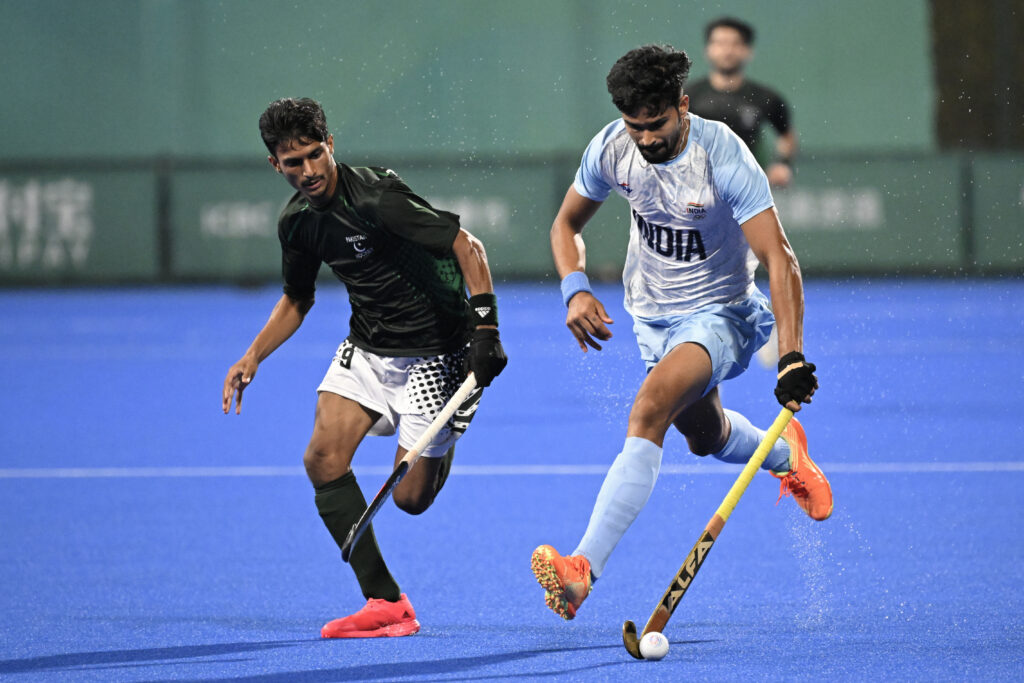England take 2-1 series lead over Inda with thrilling Lord’s win
A thrilling series produced a gripping finale as England beat India by 22 runs in a nail-biting third Test at Lord’s on Monday to go 2-1 up with two Tests to play.India were on the brink of defeat at 147-9, still needing a further 46 runs to reach a victory target of 193, when last man Mohammed Siraj joined Ravindra Jadeja in the middle.Nevertheless, the pair batted on until after tea on the final day to give India hope of an improbable victory.But with India eyeing a stunning success, off-spinner Shoaib Bashir, who had been off the field for much of the match with a finger injury, had the final say. As Siraj played defensively, the ball spun back past him to dislodge the leg bail with the faintest of touches to leave India 170 all out. As the England fielders celebrated, the fiery Siraj was crestfallen as was his partner Jadeja who was left stranded on 61 not out — his fourth consecutive fifty this series — after batting for nearly four-and-a-half hours.England captain Ben Stokes bowled two lengthy spells Monday on his way to innings figures of 3-48 in 24 overs, with fast bowler Jofra Archer — in his first Test after more than four years of injury-induced exile — taking 3-55 in 16.- ‘Dark places’ -Lively medium-pacer Stokes, whose career has been blighted by knee injuries, again proved his worth to England as a fully-fledged all-rounder.”I thought I had taken myself to some pretty dark places before but today was… If bowling to win a Test for your country doesn’t get you up, get you excited, then I don’t know what does,” Stokes told Sky Sports.”The game was on the line and nothing was going to stop me bowling.”Victory came exactly six years to the day since Stokes and Archer both starred in England’s dramatic 2019 50-over World Cup final win over New Zealand at Lord’s.Both bowlers made early breakthroughs Monday, with player-of-the match Stokes saying the anniversary was behind his decision to open the bowlig with Archer.”Jof played a big role in that and I just had one of those feelings he would do something special,” said Stokes.The 30-year-old Archer added: “It was pretty hectic for the first game back. I probably bowled a few more overs than I thought I would have but every single one mattered today so I’m not too fussed about it.”India were all but beaten at 112-8 when tailender Jasprit Bumrah came out to bat immediately after lunch.But Jadeja and Bumrah kept England at bay with a stubborn stand of 35 in 22 overs.”I think the position in the morning, to make a comeback like this was tremendous from Ravindra Jadeja and the lower order,” said India captain Shubman Gill. Bumrah, defying a run of four successive noughts in Test cricket, defended gamely while making five in 54 balls only for his innings to end when he top-edged a pull off Stokes to substitute fielder Sam Cook at mid-on.India were now 147-9 — a position that meant tea was delayed by 30 minutes.But Jadeja, who overturned an lbw decision given against him on 26, went to fifty when a flashing cut off Stokes flew over the slips for the left-hander’s fourth four in 150 balls faced.Shortly after tea, Archer struck Siraj a painful blow on the shoulder and it was not long before he fell to Bashir.This match became a second-innings shoot-out after both teams made 387 in their first innings.England then posted 192 before India slumped to 58-4 when Stokes bowled nightwatchman Akash Deep with what became the last ball of Sunday’s play. From 71-4 on Monday, the match swung England’s way once more as India lost three wickets for 11 runs in collapsing to 82-7.Rishabh Pant — who only came into bat on Monday following Deep’s departure — charged down the pitch to drive Archer for a typically aggressive four.But two balls later Archer, repeatedly topping the 90 mph mark, bowled the dangerman for nine with a superb full-length delivery that clipped the top of off stump.India were looking to KL Rahul to anchor their chase after the opener’s first-innings hundred.But he had added just six runs to his overnight 33 when he was lbw on review to Stokes. Archer, who made his Test debut at Lord’s in 2019, then reduced India to 82-7 when he held a sharp one-handed caught and bowled chance to dismiss Washington Sundar for a duck.
